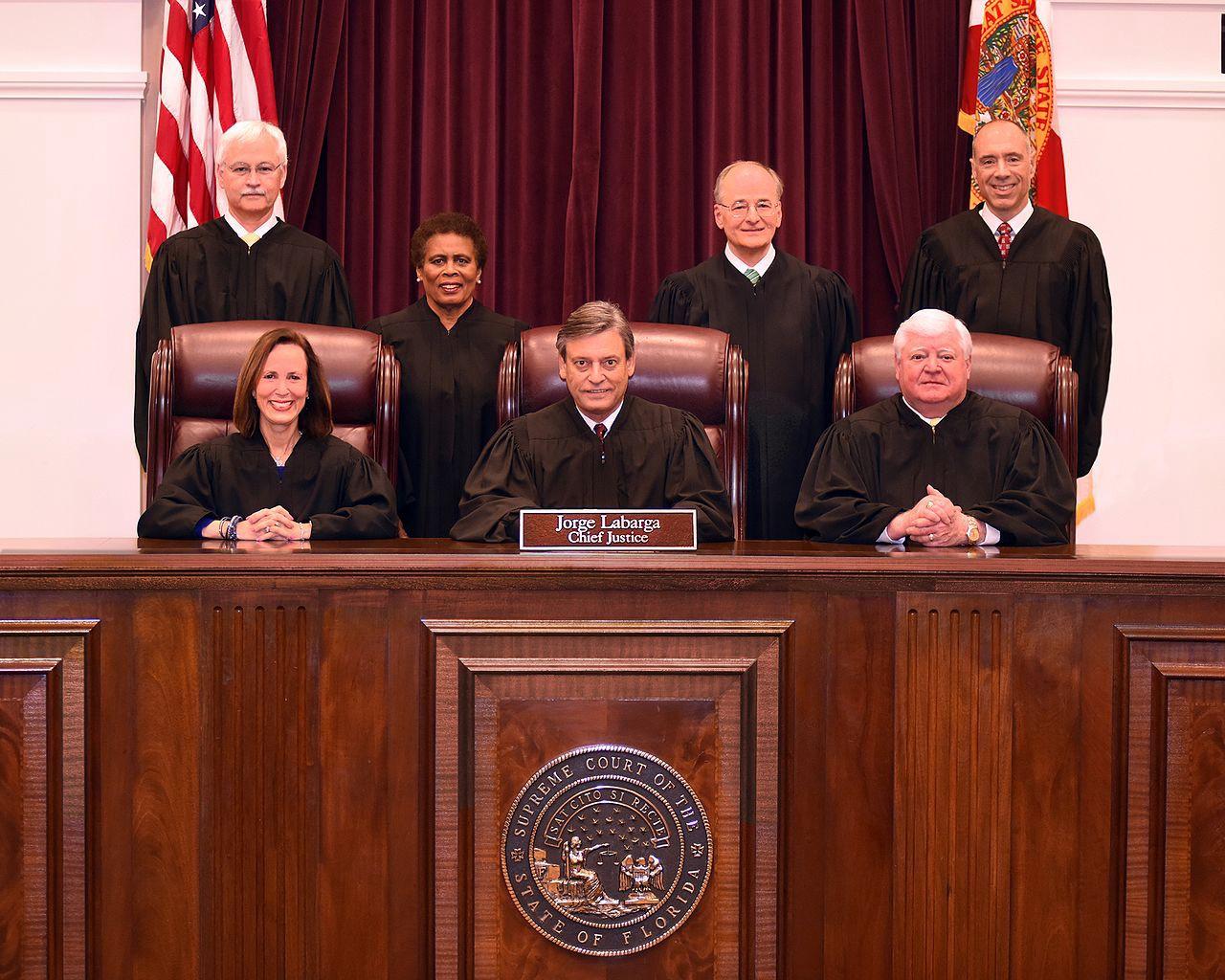Florida death row inmate becomes the state’s 27th exoneree
The Florida Supreme Court ruled that a man sentenced to death must be acquitted because there was insufficient evidence to convict him. Ralph Wright Jr., a former Air Force airman, becomes the 27th death row inmate in Florida to be exonerated. Wright was exonerated for the 2007 murder of his girlfriend and their baby son in St. […]

The Florida Supreme Court ruled that a man sentenced to death must be acquitted because there was insufficient evidence to convict him.
Ralph Wright Jr., a former Air Force airman, becomes the 27th death row inmate in Florida to be exonerated. Wright was exonerated for the 2007 murder of his girlfriend and their baby son in St. Petersburg.
State Attorney Bernie McCabe’s office prosecuted Wright, who was convicted and sentenced to death in 2013. On direct appeal to the Florida Supreme Court, the justices found that the evidence against Wright was not sufficient to justify his convictions.
“Although the facts established at trial support a strong suspicion of guilt, they are not inconsistent with innocence,” the Court held in a unanimous ruling. “We therefore conclude that the evidence is insufficient to sustain Wright’s convictions. Accordingly, we reverse the convictions, vacate the sentences of death, and remand with directions to enter judgments of acquittal.”
The prosecution’s theory was that Wright was the only person with a motive to commit the crimes. Yet as the Court stressed in its opinion:
There is no fingerprint, footprint, blood, fiber, pattern impression, or other physical evidence tying Wright to the crime scene. There is no cell tower evidence placing him in the vicinity of the crime scene. There are no inculpatory statements. There is no murder weapon. The only evidence presented by the State to prove that Wright was the murderer is the fact that he had motive and opportunity. But while motive and opportunity might create a suspicion that Wright committed the murders, even deep suspicions are not sufficient to sustain the convictions.
Floridians For Alternatives to the Death Penalty say this ruling shows that the death penalty doesn’t work.
“Wright’s release today highlights the serious and tragic flaws in Florida’s death penalty system as Florida continues to have by far the nation’s highest number of exonerations of wrongfully convicted people on death row,” the organization said in a statement.
The ruling is also a blow for McCabe, the long time chief elected prosecutor in Pinellas and Pasco counties who has a history of excessive prosecutions.
McCabe once garnered national and international attention when he prosecuted a teenage girl for murder after she shot herself while pregnant in a suicide attempt and the fetus died. The Florida Supreme Court ruled that McCabe could not prosecute the teenager, rejecting what it called the prosecution‘s efforts to “mak[e]…social policy” by seeking to “pit woman against fetus in criminal court.”
McCabe also vocally defended a Florida law that allowed people to be sentenced to death with only seven of 12 jurors supporting execution. That law was later found to be unconstitutional by the U.S Supreme Court in Hurst v. Florida, a decision that placed approximately 300 death sentences in Florida in legal limbo.
